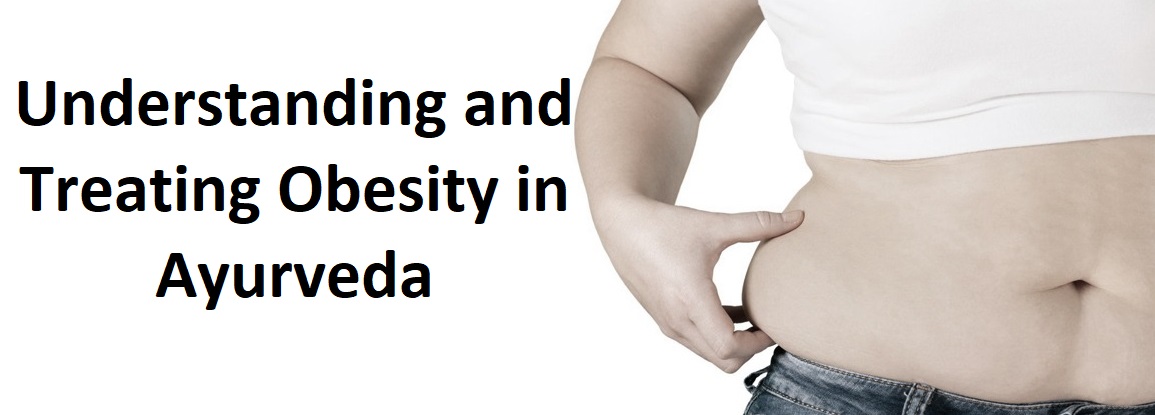
Obesity is a major health concern that affects millions of people worldwide. According to Ayurveda, obesity is caused by an imbalance in the body’s three doshas – Vata, Pitta, and Kapha. This imbalance can lead to a sluggish metabolism, poor digestion, and the accumulation of toxins in the body, all of which contribute to weight gain.
The classical Ayurvedic text Madhava Nidana provides valuable insights into the diagnosis and treatment of obesity. In this text, obesity is referred to as “Medoroga,” which means “fat-related disorder.” Let’s explore the Ayurvedic understanding of Medoroga and the treatment modalities that are recommended for this condition.
Understanding Medoroga
According to Ayurveda, obesity is primarily caused by an imbalance of Kapha dosha. Kapha is responsible for providing structure, lubrication, and nourishment to the body. When Kapha dosha is imbalanced, it leads to a slow metabolism, poor digestion, and excess accumulation of fat in the body.
Apart from Kapha imbalance, other factors that contribute to Medoroga include overeating, a sedentary lifestyle, and stress. These factors can further aggravate the Kapha imbalance, leading to excessive weight gain.
Diagnosis of Medoroga
The diagnosis of Medoroga in Ayurveda involves a thorough examination of the patient’s body, pulse, and tongue. A skilled Ayurvedic practitioner can identify the underlying dosha imbalance and determine the severity of the condition.
Some of the common signs and symptoms of Medoroga include:
- Excessive weight gain
- Lethargy and fatigue
- Poor digestion
- High cholesterol and triglyceride levels
- Edema or swelling
- Shortness of breath
- Joint pain
- Treatment of Medoroga
Ayurveda offers a holistic approach to treating Medoroga, which involves a combination of diet, exercise, herbs, and lifestyle modifications. Here are some of the commonly recommended treatment modalities for Medoroga:
Diet: Ayurveda emphasizes the importance of a healthy and balanced diet for weight loss. A diet that is low in fat, sugar, and processed foods and high in fresh fruits, vegetables, and whole grains is recommended. It is also important to eat slowly and mindfully, chewing food thoroughly, and avoiding overeating.
Exercise: Regular exercise is a crucial part of weight loss in Ayurveda. Gentle exercises like yoga, walking, and swimming can help to improve metabolism, reduce body fat, and promote overall health.
Herbal remedies: Ayurvedic herbs like Triphala, Guggulu, and Turmeric are known for their digestion and metabolism-boosting properties and are commonly used to support weight loss. These herbs can be taken in the form of capsules, powders, or teas.
Panchakarma: Panchakarma is a set of Ayurvedic therapies that help to detoxify and rejuvenate the body. It involves a combination of massage, herbal steam baths, and enemas to eliminate toxins from the body, which can contribute to weight gain.
Meditation: Stress and anxiety can contribute to weight gain, and Ayurveda suggests meditation and deep breathing exercises to reduce stress and promote relaxation.
Conclusion
Medoroga, or obesity, is a complex condition that requires a holistic approach to treatment. Ayurveda offers a wealth of knowledge and wisdom on the diagnosis and treatment of Medoroga, and its principles can help to promote long-term weight loss and overall health. By addressing the root cause of the condition through diet, exercise, herbs, and lifestyle modifications

0 Comments